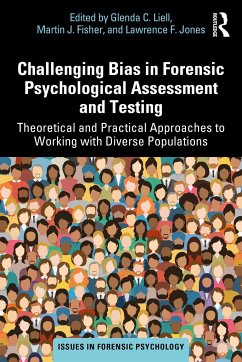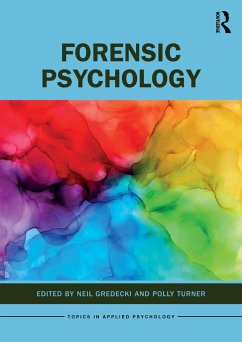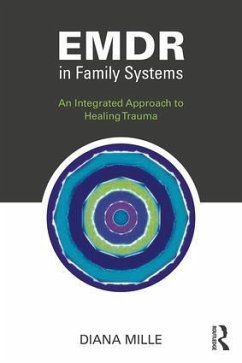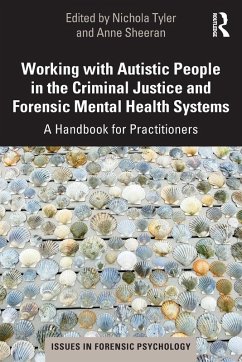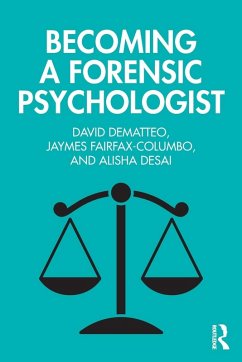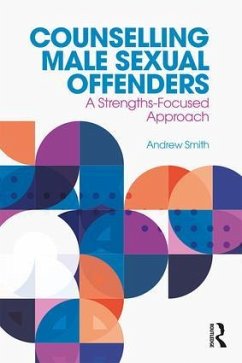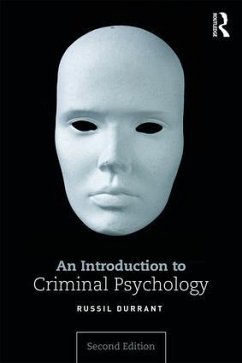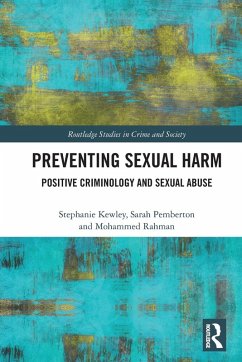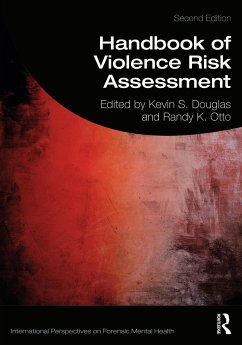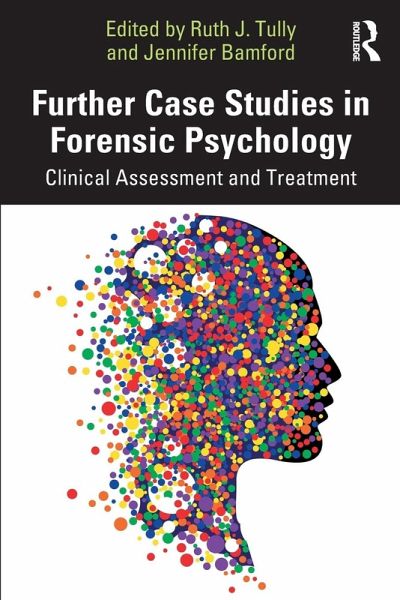
Further Case Studies in Forensic Psychology
Clinical Assessment and Treatment
Herausgegeben: Tully, Ruth J.; Bamford, Jennifer
Versandkostenfrei!
Versandfertig in 6-10 Tagen
39,99 €
inkl. MwSt.

PAYBACK Punkte
20 °P sammeln!
This unique book offers valuable insights into the often-hidden world of forensic psychological assessment and intervention. It follows on from Case Studies in Forensic Psychology (2019) and presents a range of detailed clinical case studies of adults and young people across secure and community settings.The case studies represent individuals with several different forms of offending histories, such as sexual and violent offending, and various clinical diagnoses including autism and acquired brain injury. Each chapter details the individual's personal background, offending, any relevant psychi...
This unique book offers valuable insights into the often-hidden world of forensic psychological assessment and intervention. It follows on from Case Studies in Forensic Psychology (2019) and presents a range of detailed clinical case studies of adults and young people across secure and community settings.
The case studies represent individuals with several different forms of offending histories, such as sexual and violent offending, and various clinical diagnoses including autism and acquired brain injury. Each chapter details the individual's personal background, offending, any relevant psychiatric or psychological diagnoses, and treatments. The chapters end with an intensive discussion on the outcomes for that case, and its wider implications. This book allows the readers to understand the on-ground clinical practice and day-to-day role of a forensic psychologist by demonstrating the work undertaken behind the empirical research and highlighting the complexities to which psychologists need to apply their expertise. It also brings together treatment models and forensic research to establish how theory translates into practice and consider whether it is effective at an individual level.
Further Case Studies in Forensic Psychology is key reading for psychologists, clinicians and practitioners at any stage of their career in this rapidly expanding field. It will also be useful for students of forensic psychology and those interested in the real-life work of psychologists in forensic practice.
The case studies represent individuals with several different forms of offending histories, such as sexual and violent offending, and various clinical diagnoses including autism and acquired brain injury. Each chapter details the individual's personal background, offending, any relevant psychiatric or psychological diagnoses, and treatments. The chapters end with an intensive discussion on the outcomes for that case, and its wider implications. This book allows the readers to understand the on-ground clinical practice and day-to-day role of a forensic psychologist by demonstrating the work undertaken behind the empirical research and highlighting the complexities to which psychologists need to apply their expertise. It also brings together treatment models and forensic research to establish how theory translates into practice and consider whether it is effective at an individual level.
Further Case Studies in Forensic Psychology is key reading for psychologists, clinicians and practitioners at any stage of their career in this rapidly expanding field. It will also be useful for students of forensic psychology and those interested in the real-life work of psychologists in forensic practice.





